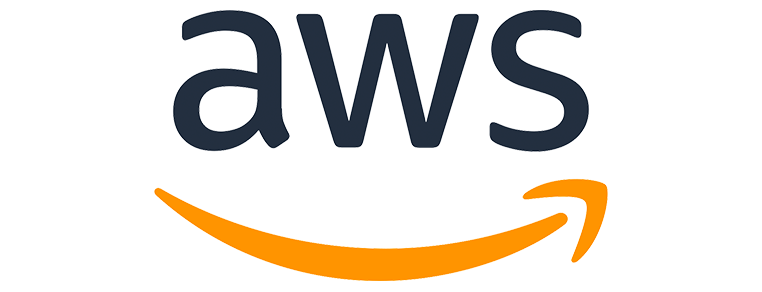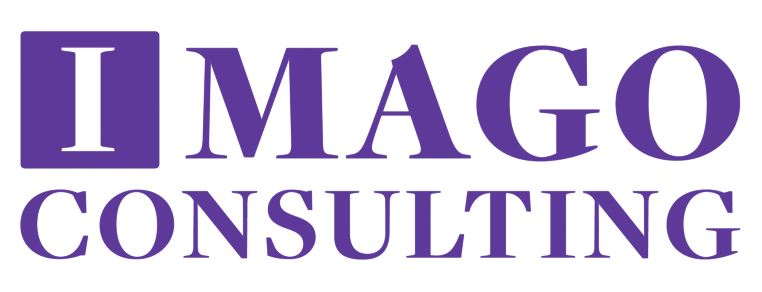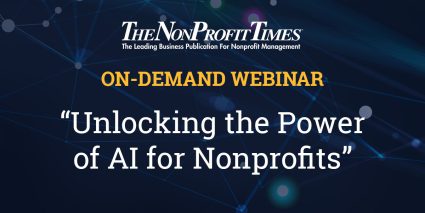Practical Strategies for Using AI to Achieve Fundraising Excellence
Understanding how AI can help your organization achieve its goals is the first step to unlocking AI’s potential. In our recent webinar with The NonProfit Times, we gathered a panel of AI experts to cut through the hype and discuss practical AI-driven fundraising strategies.

Artificial intelligence (AI) has been used in select capacities by savvy nonprofit marketers for many years to boost data-driven fundraising success. But with the surge in accessibility of generative AI applications, AI has burst into the general consciousness as a powerful tool—albeit one that is often misunderstood.
So what do fundraisers really need to know about AI and how it can help drive more efficiencies and better results for their organizations? To answer these questions, we sponsored a webinar with The NonProfit Times, “Unlocking the Power of AI for Nonprofits: Game-Changing Strategies for Fundraising and Marketing Excellence.” Alongside Kelley Hecht of Amazon Web Services for Nonprofits and Dave Raley of Imago Consulting, Wiland’s VP, Solutions and Innovation Cameron Popp discussed the potential of AI-driven solutions and how fundraisers can implement these technologies to help their organizations achieve their goals.
We were honored to lend our voice to this timely conversation. Here are four key takeaways from this webinar:
- AI should be viewed as a collaborative coworker.
Technology throughout much of the twentieth century was seen as a power tool that could augment human behaviors, such as using a tractor to plant more crops or using a calculator to be able to do more complex math faster. However, AI technology has evolved recently into a collaborative tool that can push beyond human capabilities. Consequently, Dave Raley encouraged listeners to view AI as a coworker in this collaborative sense—accessing it to brainstorm ideas, optimize targeted advertising, uncover valuable insights more efficiently, and much more.
“AI is capable of doing things that no human can do, such as discerning patterns in a massive amount of data.” – Dave Raley
“AI is capable of doing things that no human can do, such as discerning patterns in a massive amount of data.” – Dave Raley
- AI is a powerful force multiplier for both day-to-day tasks and organization-wide initiatives.
For individuals looking to identify use cases for AI, Kelley Hecht recommended that listeners evaluate tasks in their specific roles that are repetitive or occur consistently. These are the types of actions that create an environment for AI to be an impactful force multiplier in day-to-day efficiency, as AI is like a muscle that learns and gets more effective the more it is used. These initial forays can then lead to the evaluation of similar tasks within teams that could be optimized through the use of AI. As success using AI builds, it can inform data-driven strategic initiatives at the organizational level.
“Let’s start to think about ways that AI can help us gain confidence in the data that we’re using to run our organizations.” – Kelley Hecht
“Let’s start to think about ways that AI can help us gain confidence in the data that we’re using to run our organizations.” – Kelley Hecht
- Ensure your uses of AI align with your organizational goals and priorities.
The panel noted that organizations should shy away from the mindset that they will simply “use AI” to achieve their goals. This is far too broad—and frankly too overwhelming—of a statement. It could encompass countless potential strategies. Instead, the group recommended setting clear priorities as a foundation for exploring AI’s impacts, then defining simple, reasonable guidelines to encourage experimentation. It is by setting these expectations that organizations can ensure that they’re honing in on the practical ways that AI can help them grow.
“It’s easy to get daunted by AI. But you don’t have to hire an AI team to start experimenting. Experimentation with AI has a really low bar of entry.” – Cameron Popp
“It’s easy to get daunted by AI. But you don’t have to hire an AI team to start experimenting. Experimentation with AI has a really low bar of entry.” – Cameron Popp
- How nonprofits are using AI today is incredibly diverse and increasingly interesting and exciting.
Nonprofits today are discovering helpful use cases for AI in both their external fundraising strategies and their internal operations. Many are finding success using AI-driven solutions to fuel fundraising innovations. This includes examples like working with partners who use AI-enabled predictive modeling to create higher-performing fundraising audiences and transforming their donor experience with better personalized, more scalable communication capabilities. Meanwhile, others are finding ways to help ease the burden on over-taxed staff and resources through emerging AI-enabled tools and processes, such as using AI-powered intelligent search to help team members more easily find internal documentation, resources, and content. There are myriad additional use cases—such as using AI to help detect biases in data and predictive modeling. These, and many other practical discoveries, make AI an exciting arena of future opportunity.
Webinar Presenters

Kelley Hecht
Team Lead,
Industry Advisors – Nonprofit


Dave Raley
Founder


Cameron Popp
Vice President,
Solutions and Innovation

Tags: artificial intelligence fundraisers fundraising nonprofits predictive modeling




